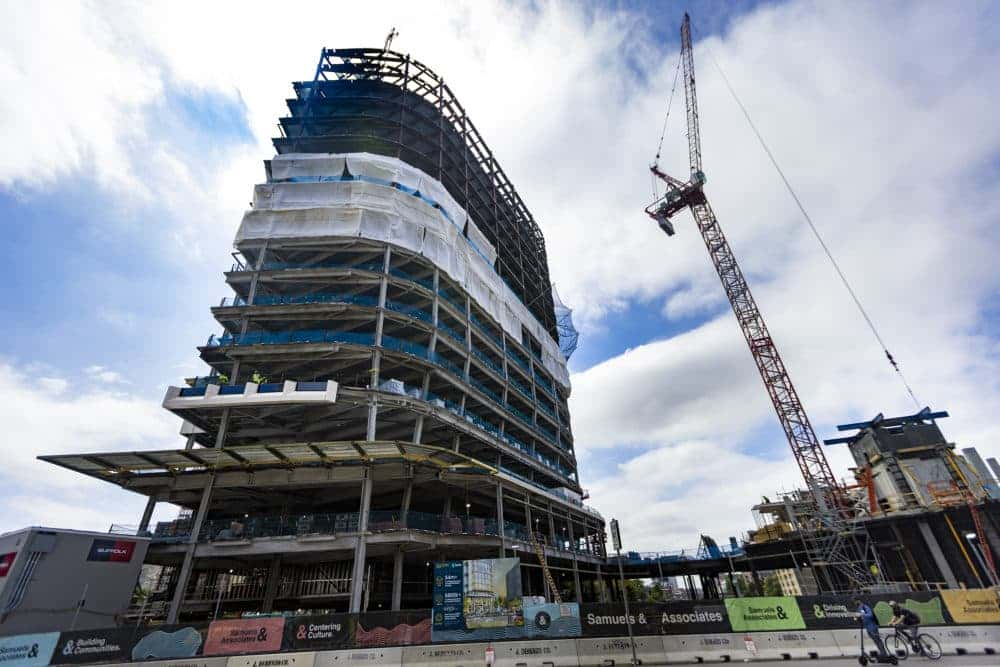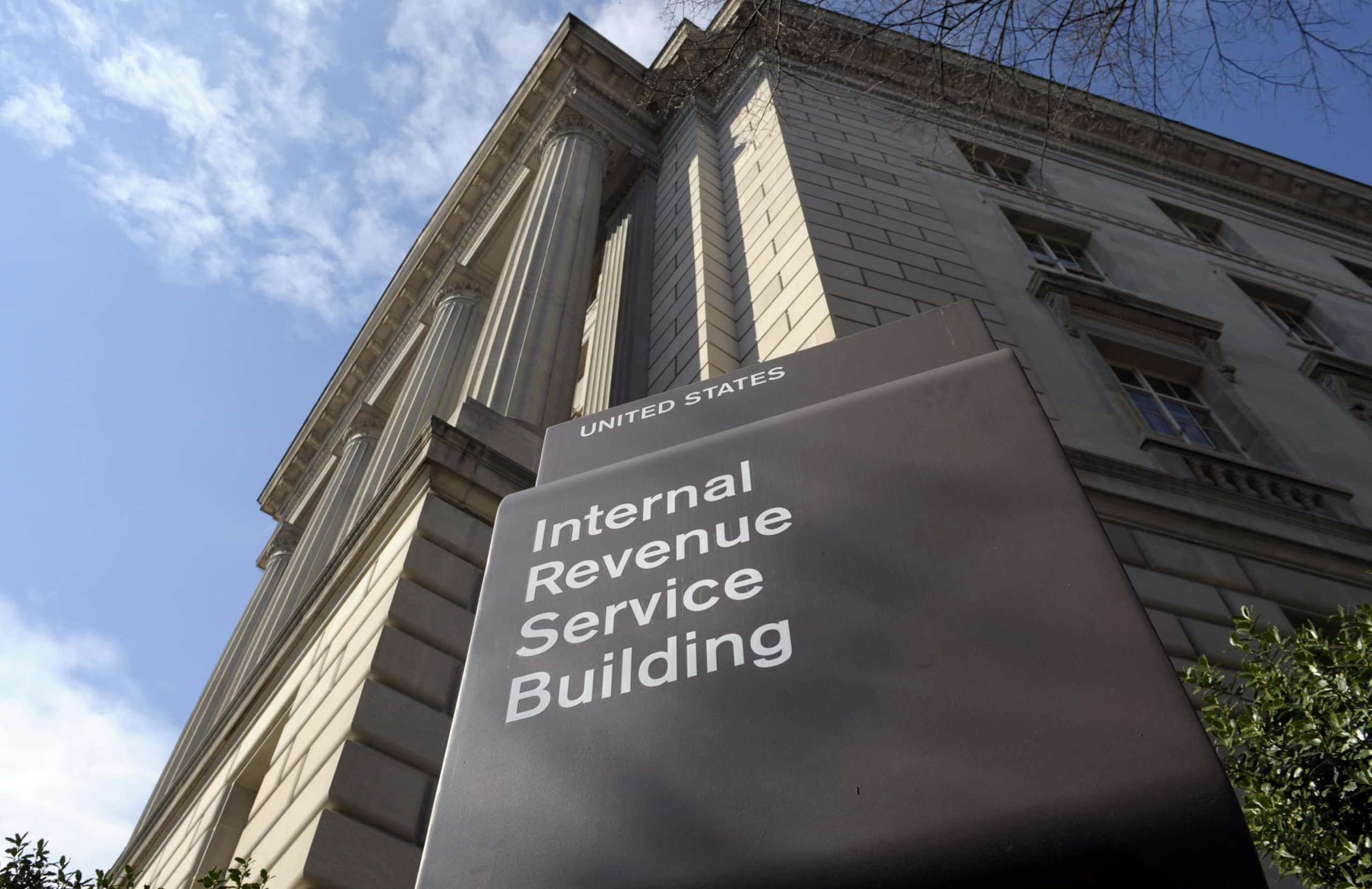They are calling for an increase in the state match rate of the Earned Income Tax Credit from 30% to 50%, the extension of the credit to working immigrants, and the implementation of an inclusive Child and Family Tax Credit.

Advocates for low-income families in Massachusetts are pushing for an expansion of tax credits aimed at reducing poverty
According to Charlotte Bruce, a senior research and policy analyst for Children’s HealthWatch, these tax credits will have a positive impact on the entire state. By putting money back into the pockets of families, they not only support their ability to meet basic needs and cover the cost of living, but they also contribute to local economies.
The focus is now on the Senate, as Governor Maura Healey and House lawmakers have already proposed some credit expansions. Bruce highlighted that both tax credits target overlapping but distinct populations, offering relief in one of the nation’s most expensive states.
Advocates argue that these expanded tax credits promote “tax fairness” for vulnerable families in the Commonwealth
Ancel Tejada, the financial empowerment program manager for the Massachusetts Association for Community Action, shared the story of a mother who improved her credit score through these credits. With her credit restored, she was able to secure a new apartment and improve her family’s living situation.
While some lawmakers are pushing for tax cuts benefiting the wealthiest households in Massachusetts, advocates for low-income families are urging citizens to contact their legislators and encourage them to utilize the tax code more effectively to support those in need.
Overall, the proposed expansion of child tax credits in Massachusetts is gaining support from advocates who believe these measures will help alleviate poverty and provide much-needed assistance to vulnerable families in the state.




